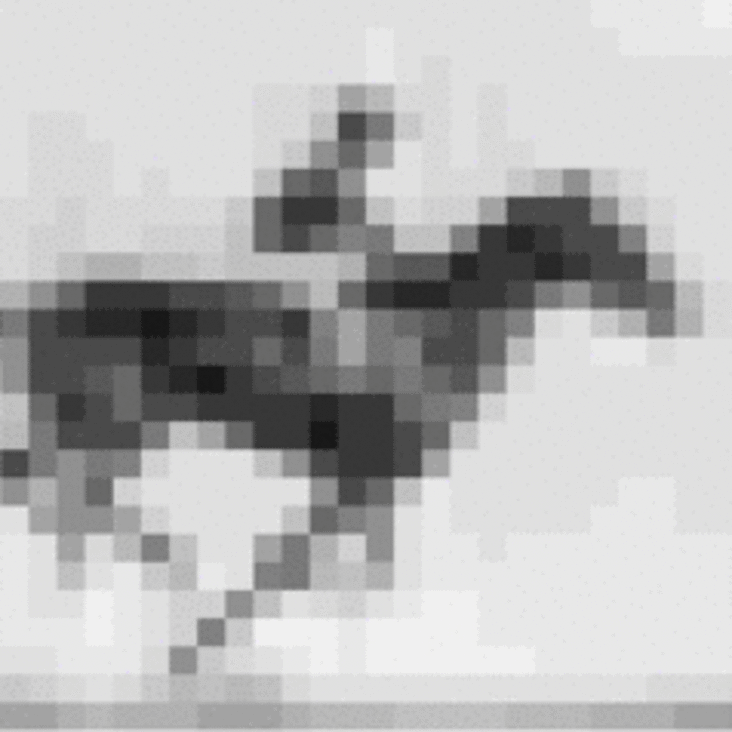










38 West 86th St.
New York, NY 10024
212.501.3000
admissions@bgc.bard.edu
18 West 86th St.
New York, NY 10024
212.501.3023
gallery@bgc.bard.edu
BGC Gallery is currently closed.
38 West 86th St.
New York, NY 10024
212.501.3000
admissions@bgc.bard.edu
18 West 86th St.
New York, NY 10024
212.501.3023
gallery@bgc.bard.edu
BGC Gallery is currently closed.
Funded by The Andrew W. Mellon Foundation
November 1, 2018
9:15 am – 6:15 pm

This event is part of “Conserving Active Matter: A Cultures of Conservation Research Project,” a collaboration between Bard Graduate Center, the Humboldt University (Berlin), and the Rijksmuseum (Amsterdam), generously supported by The Andrew W. Mellon Foundation. This initiative aims to bring new developments in materials science and new ways of thinking about matter to create new ways of thinking about the future of conservation. The project is articulated through semester-themed explorations along four axes: Indigenous ontologies (spring 2018), history (fall 2018), materials science (spring 2019), and philosophy (fall 2019).
The working group on “Active Matter and History” (Peter N. Miller, Ittai Weinryb) aims to contextualize the current interest in active matter. Probing the boundaries of dualistic thought, from Pre-Socratics to plastics, this workshop will help us understand exactly how we got to the point that the activity of organic matter had to be rediscovered at the beginning of the twenty-first century. Beyond genealogy, however, the recognition that conceptual scene-setting is itself an artifact raises new possibilities for rethinking activity along the arc of all those other victims of dualization, such as the subject/object, archaic/modern, living/non-living, human/non-human, and West/Eastern dichotomies.






38 West 86th St.
New York, NY 10024
212.501.3000
admissions@bgc.bard.edu
18 West 86th St.
New York, NY 10024
212.501.3023
gallery@bgc.bard.edu
BGC Gallery is currently closed.
